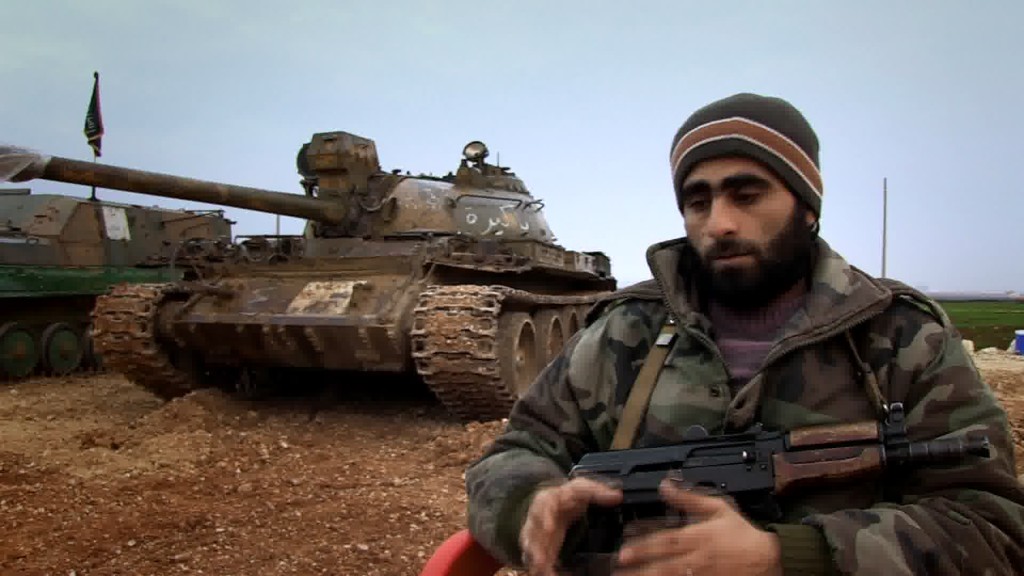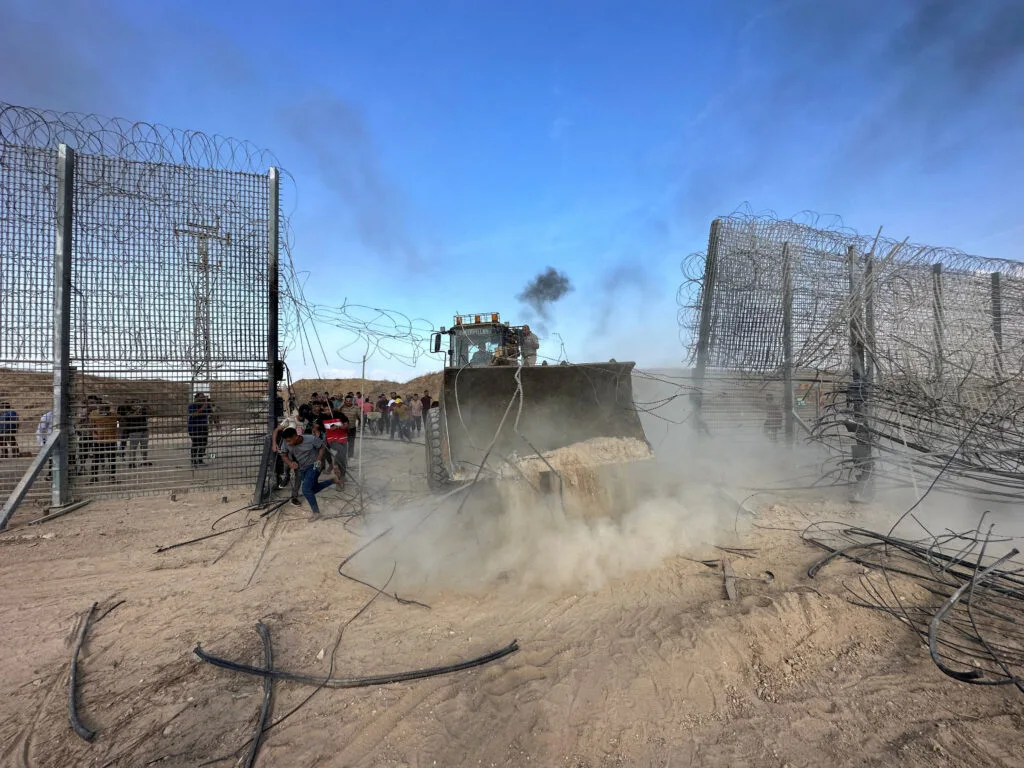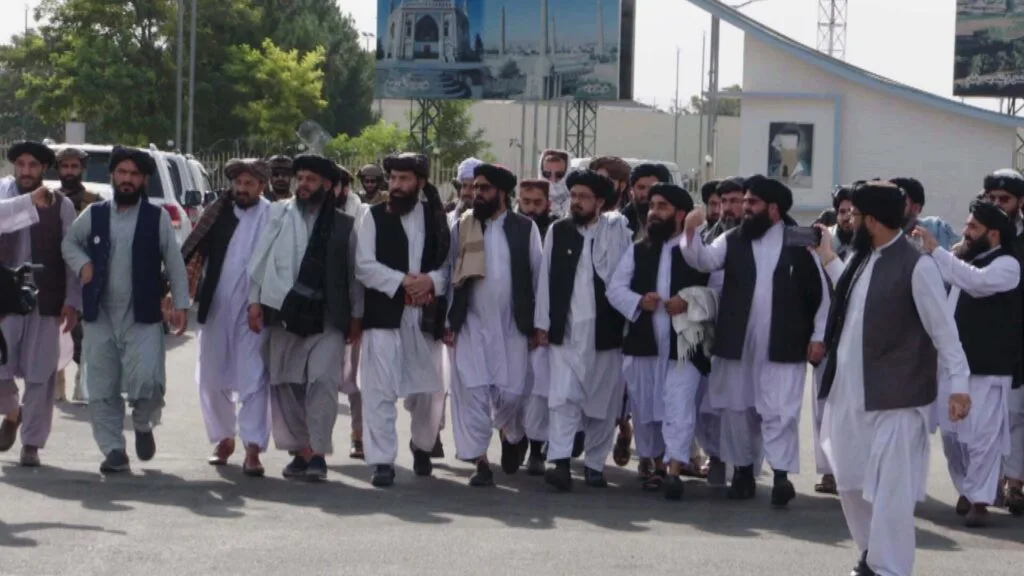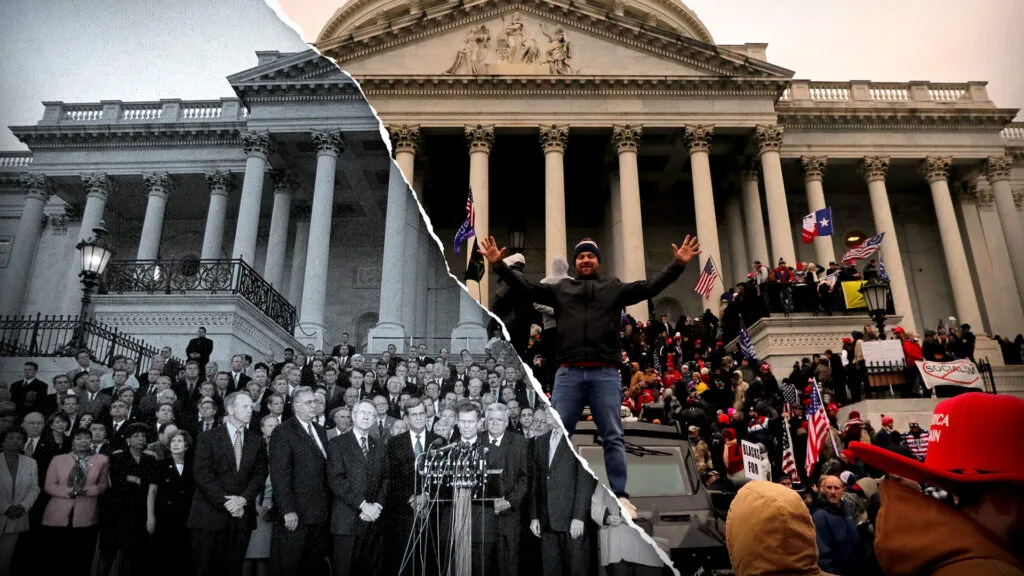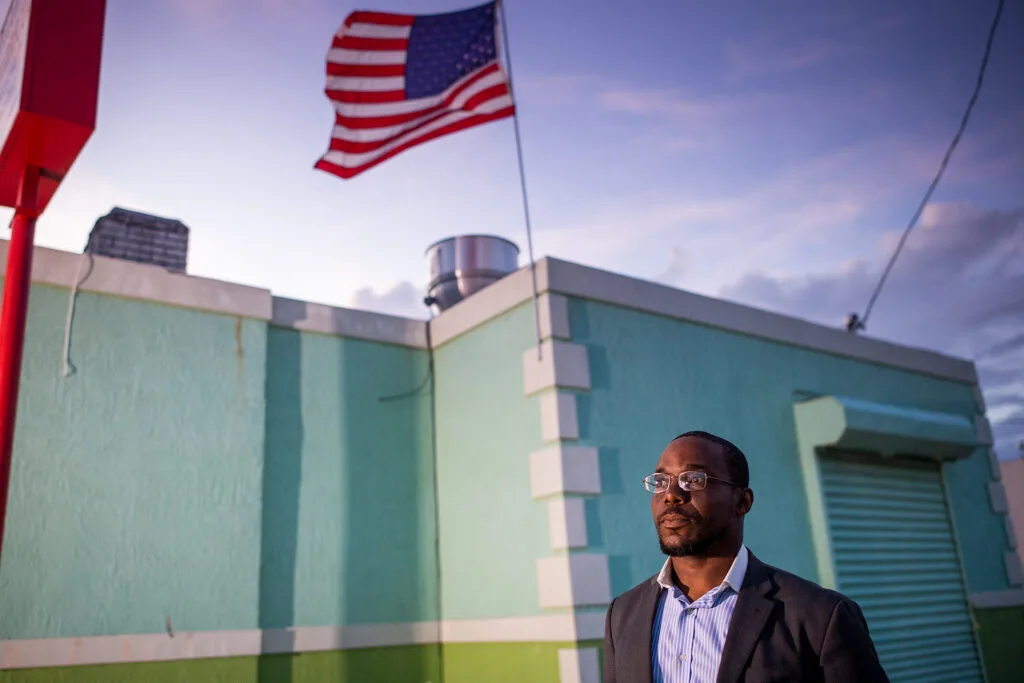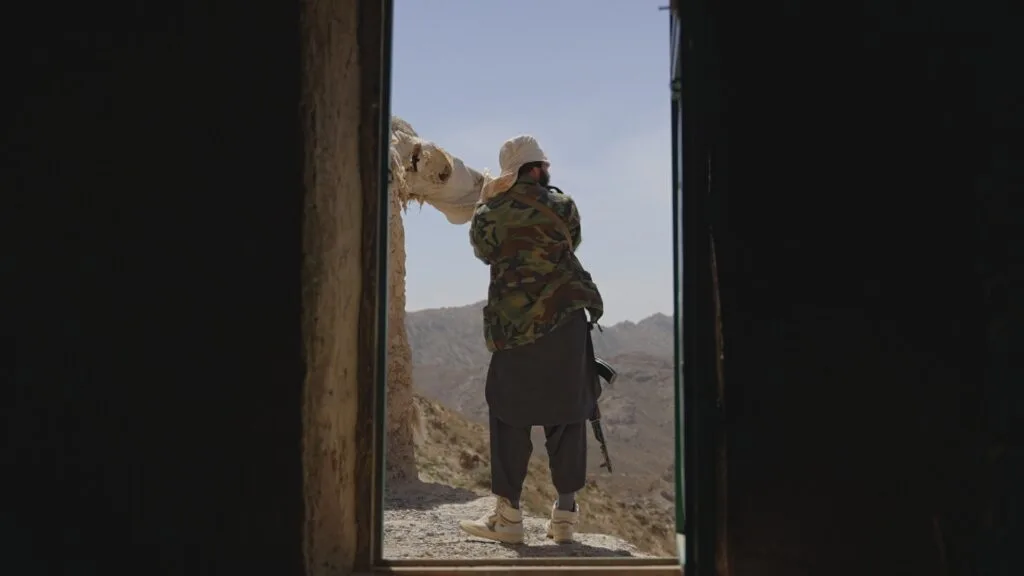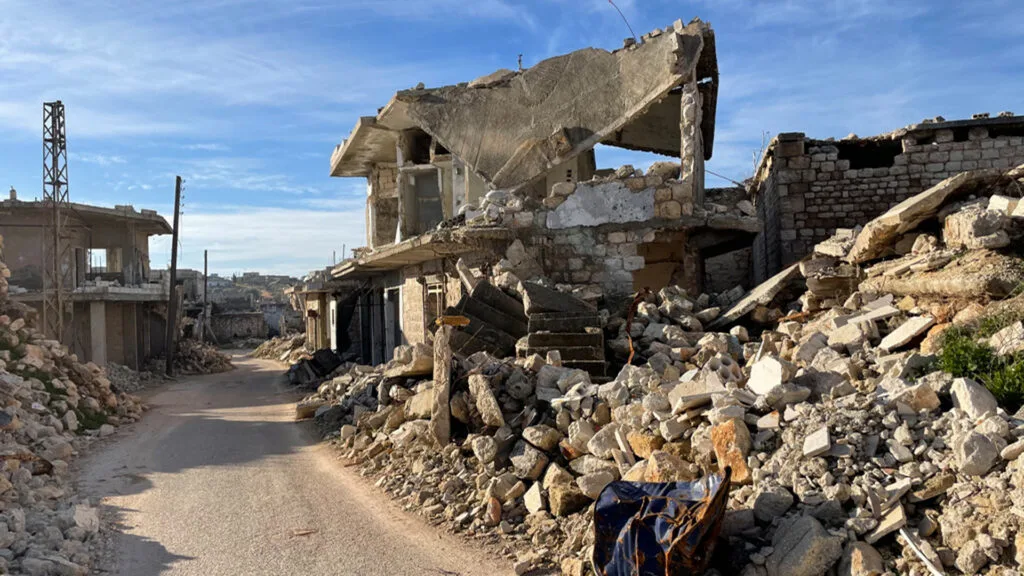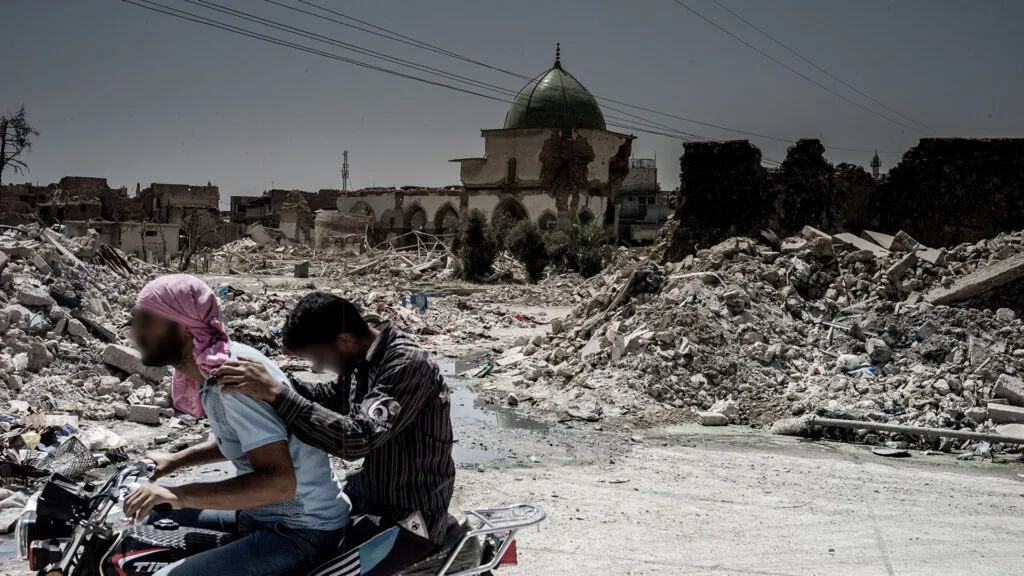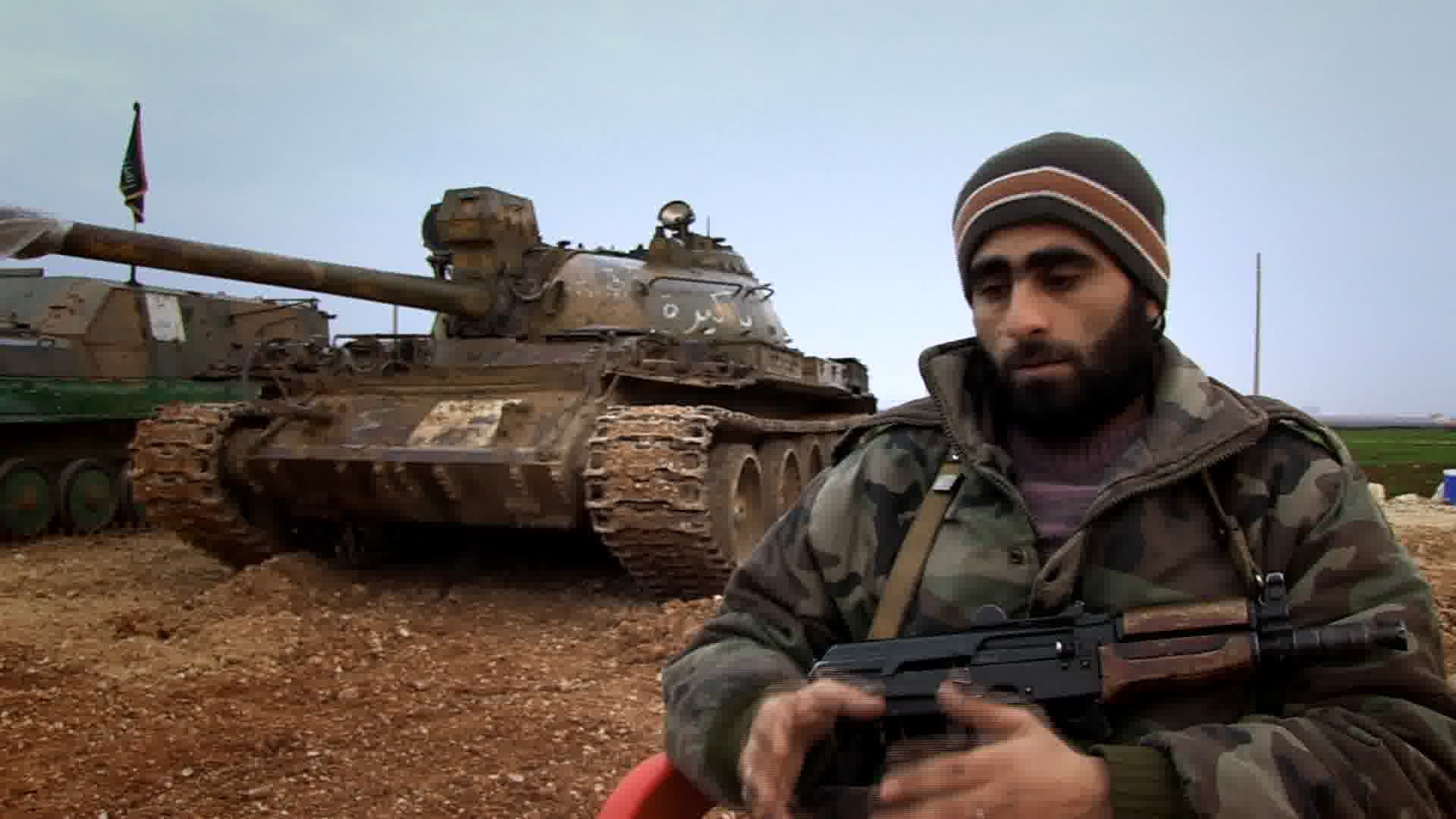1.7 Million Syrian Refugees To Lose Their Main Source of Food Aid
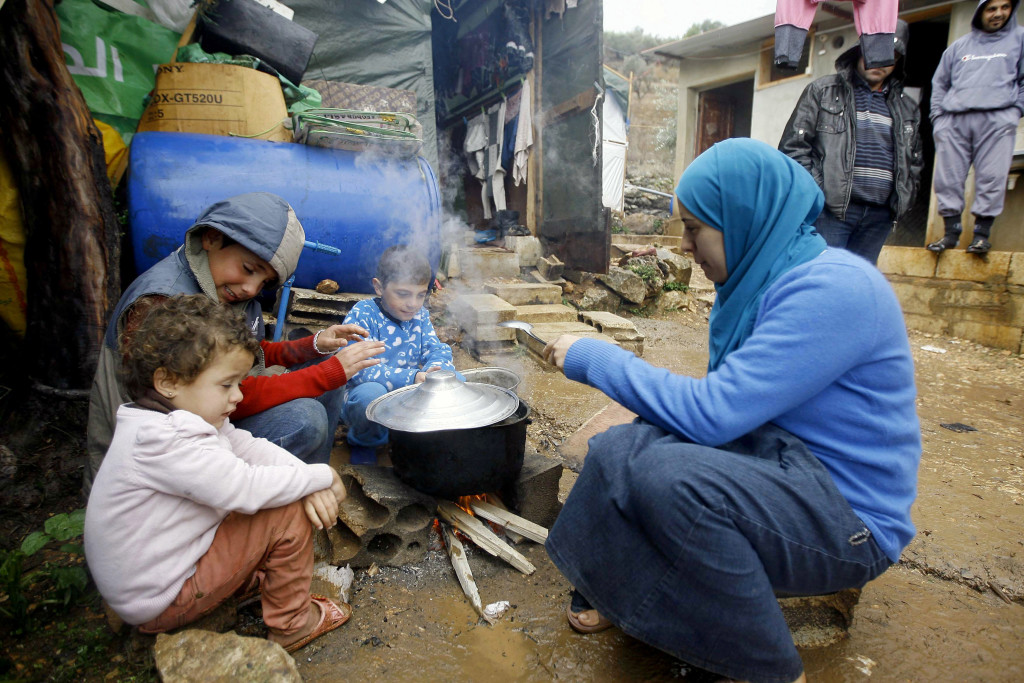
December 1, 2014
Share
The United Nations World Food Programme predicted “disastrous” results Monday as it suspended aid to more than 1.7 million Syrian refugees for lack of funding.
Since the Syrian conflict began in 2011, the program has helped Syrian refugees in Lebanon, Jordan, Turkey, Iraq and Egypt — most of them women and children — purchase food in local shops via a voucher program.
Pleading for donations, WFP executive director Ertharin Cousin said the suspension comes at an especially bad time for families trying to make it through the harsh winter. The U.N.’s resources have been taxed by other international crises, including the Ebola outbreak that has spread from West Africa.
“A suspension of WFP food assistance will endanger the health and safety of these refugees and will potentially cause further tensions, instability and insecurity in the neighboring host countries,” Cousin said in a statement. “The suspension of WFP food assistance will be disastrous for many already suffering families.”
Earlier this year, the Norwegian Refugee Council estimated that 9,500 Syrians were being displaced every day — a rate of one family per minute — which made Syria’s displacement crisis the biggest and fastest-growing in the world. In April, the United Nations High Commissioner for Refugees had registered nearly 2.6 million Syrian refugees, in addition to more than 6.5 million people displaced within Syria.
The refugees live in camps and de facto settlements, the WFP said. Children in Lebanon and Jordan are especially ill-equipped for winter, as many have no shoes or proper clothing. Fuel, electricity and clean water are often scarce.
The WFP said it needs $64 million in order to support the refugees in December. If the funding arrives in time, the program will immediately resume helping. The operation has so far contributed about $800 million to the countries hosting the refugees.
Without the U.N., local non-government organizations and charities, including Turkey’s Red Crescent, will do their best to help, said U.N. spokeswoman Bettina Luescher. But it is unclear whether anyone can fill the void.
“The donors too are stretched,” Luescher told FRONTLINE in an e-mail. “But it is a nightmare for an aid worker to tell a mother that she will not get food for her child.”
Earlier this year, the FRONTLINE documentary Syria’s Second Front looked at the civil war in Syria and the rise of ISIS. You can watch it here:
Related Documentaries
Latest Documentaries
Related Stories
Related Stories
Explore
Policies
Teacher Center
Funding for FRONTLINE is provided through the support of PBS viewers and by the Corporation for Public Broadcasting, with major support from Ford Foundation. Additional funding is provided the Abrams Foundation, Park Foundation, John D. and Catherine T. MacArthur Foundation, Heising-Simons Foundation, and the FRONTLINE Trust, with major support from Jon and Jo Ann Hagler on behalf of the Jon L. Hagler Foundation, and additional support from Koo and Patricia Yuen. FRONTLINE is a registered trademark of WGBH Educational Foundation. Web Site Copyright ©1995-2025 WGBH Educational Foundation. PBS is a 501(c)(3) not-for-profit organization.
